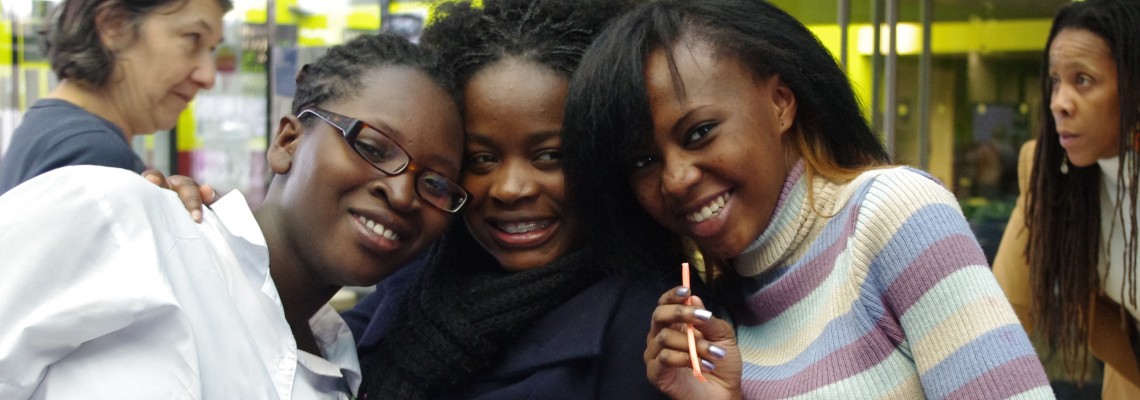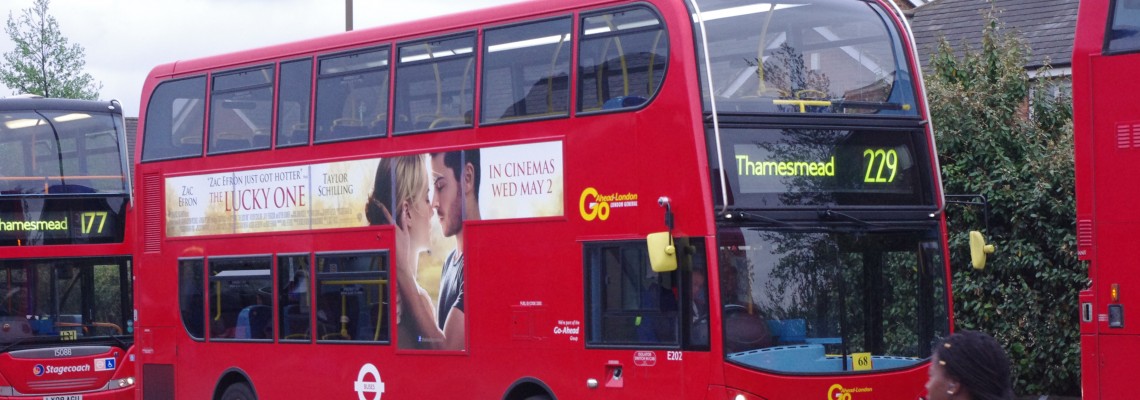As part of the European Commission’s Lifelong Learning Programme, Mapping for Change were chosen to represent the UK in a learning exchange project with the University of Udine (Italy) and the University of Oulu (Finland).
The project focused on specific educational and community issues in the field of social housing, where people are at risk of segregation and social exclusion. ACtS aimed to explore how informal learning, in the context of social housing, could reinforce social cohesion, active citizenship, intercultural dialogue, gender equality and personal fulfilment.
Our Role
Each of the project partners adopted a specific informal learning approach (community mapping, visual anthropology and identity building, informal citizenship education) to meet the project aims and objective. MfC explored the ways in which participatory and community mapping can facilitate community cohesion and overcome social exclusion in the Thamesmead estates, London.
Impact
The mapping enabled local residents to record their ideas and perceptions of their surroundings, propose improvements to public spaces, and identify key resources and valued spaces and places within the community. Individually, participants developed skills in using information and communication technologies.
Together, MfC and residents developed an online Community Map . Some of the benefits were:
- The map provided a unique way to work with people newly arrived in the UK to record their experiences and perceptions – this offered agencies and others a chance to understand and learn from these new residents;
- Mapping local events, training and volunteering opportunities provided an opportunity to improve integration into society;
- By engaging the wider community to put forward ideas for projects to improve shared spaces, residents acquired the potential to develop shared common goals, create new links and form new social networks;
- Those involved learned IT, communication and mapping skills that would enable their friends and families to use the system as well.
Related Projects
InSPIRES
InSPIRES is a EU-funded project which aims to address the information gap that vulnerable demographics can hold about the impact that air pollution has on their health. Mapping for Change works with a school in London, whereby parents and pupils will have the opportunity to monitor particulate matter and nitrogen dioxide pollution levels in and around their homes.
Kampala NOSES; Network for Odour Sensing Empowerment and Sustainability.
Kampala NOSES is a pilot project that seeks to introduce novel ways with which to monitor and record odour issues across Kampala. All key stakeholders, from policy-makers to public sector administrators, from academics to industries and the community at large are needed to create a longer-term vision of implementing new environmental reporting and governance mechanisms.
D-NOSES - Tackling Odour Pollution Across Europe
D-NOSES is a three-year EU funded research project which aims to provide a solution to the largely neglected issue of odour pollution, changing the traditional top-down approach for a bottom-up one. The lack of regulation from authorities around odour pollution is mainly due to it being difficult to reliably measure and the potential solutions being costly to implement.

